

2018-02-27 09:35:00 Tue ET
federal reserve monetary policy treasury dollar employment inflation interest rate exchange rate macrofinance recession systemic risk economic growth central bank fomc greenback forward guidance euro capital global financial cycle credit cycle yield curve
Fed's new chairman Jerome Powell testifies before Congress for the first time. He vows to prevent price instability for U.S. consumers, firms, and financial institutions by gradually raising interest rates to contain inflation. Stock market observers and commentators warn of the key Yellen-Powell regime switch from dovish to hawkish monetary policy decisions.
However, Powell seeks to balance the need to guard against excessive inflation with the real benefits of allowing the U.S. economy to enjoy the tailwinds of Trump fiscal stimulus, economic output expansion, employment, and steady wage growth. The Federal Reserve now explores whether the U.S. unemployment rate can fall to the lowest range of 3.8% to 4.1% in 17 years before inflation starts to accelerate. In accordance with Powell's congressional testimony, the Federal Reserve’s main monetary policy instruments include its gradual upward interest rate adjustment, balance sheet shrinkage, and 2% symmetric core CPI inflation target.
Powell confines his testimony to the dual mandate of both maximum employment and price stability with minimal discussions of distributional economic inequality issues in America. With respect to financial regulation, Powell expects to roll back at least some of the stricter Dodd-Frank rules and stress tests on large banks and other financial institutions.
If any of our AYA Analytica financial health memos (FHM), blog posts, ebooks, newsletters, and notifications etc, or any other form of online content curation, involves potential copyright concerns, please feel free to contact us at service@ayafintech.network so that we can remove relevant content in response to any such request within a reasonable time frame.
2025-06-21 10:25:00 Saturday ET
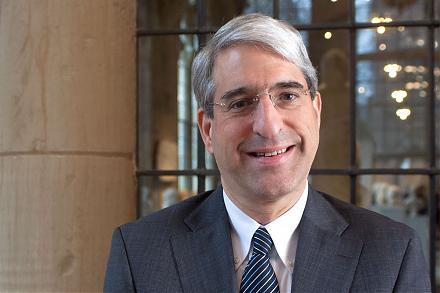
Former New York Times science author and Harvard psychologist Daniel Goleman explains why emotional intelligence can serve as a more important critical succ
2024-02-04 08:28:00 Sunday ET
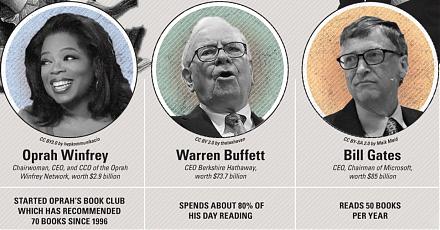
Our proprietary alpha investment model outperforms most stock market indexes from 2017 to 2024. Our proprietary alpha investment model outperforms the ma
2025-10-07 10:30:00 Tuesday ET
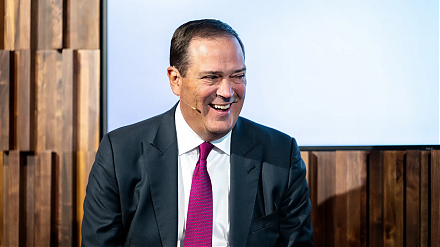
Stock Synopsis: With a new Python program, we use, adapt, apply, and leverage each of the mainstream Gemini Gen AI models to conduct this comprehensive fund
2020-06-17 09:23:00 Wednesday ET
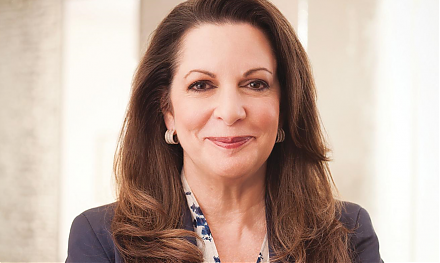
Successful founders focus on their continuous growth, passion, perseverance, and the collective wisdom of most team members. William Ferguson (2013) &
2018-11-07 08:30:00 Wednesday ET
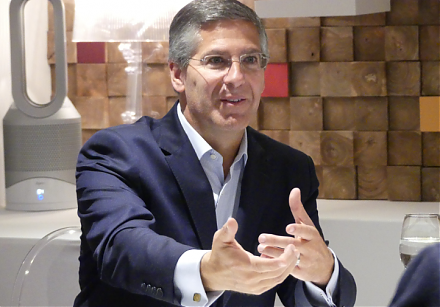
PwC releases a new study of top innovators worldwide as of November 2018. This study assesses the top 1,000 global companies that spend the most on R&D
2022-10-25 11:31:00 Tuesday ET

Corporate investment insights from mergers and acquisitions Relative market misvaluation between the bidder and target firms drives most waves of mergers